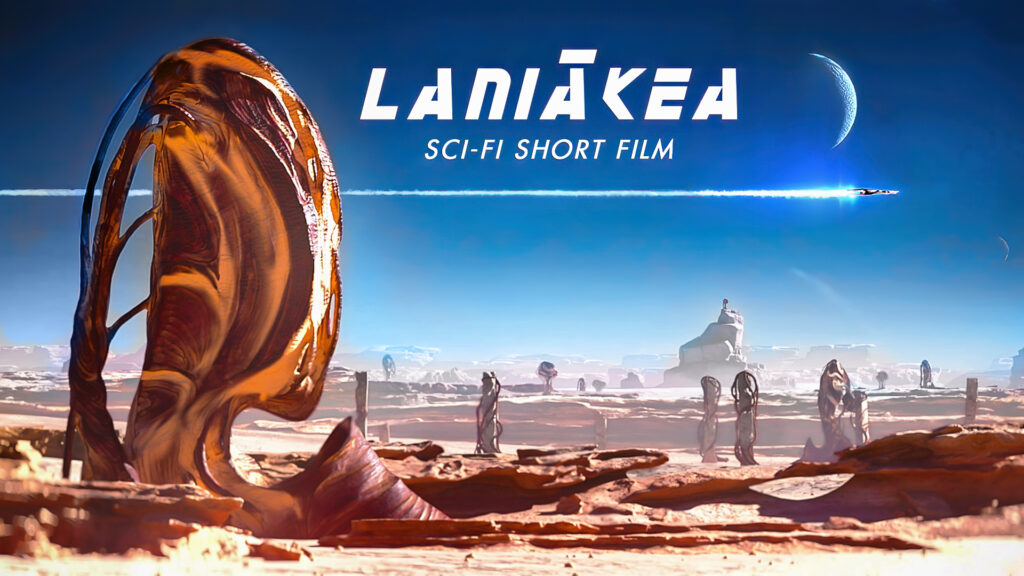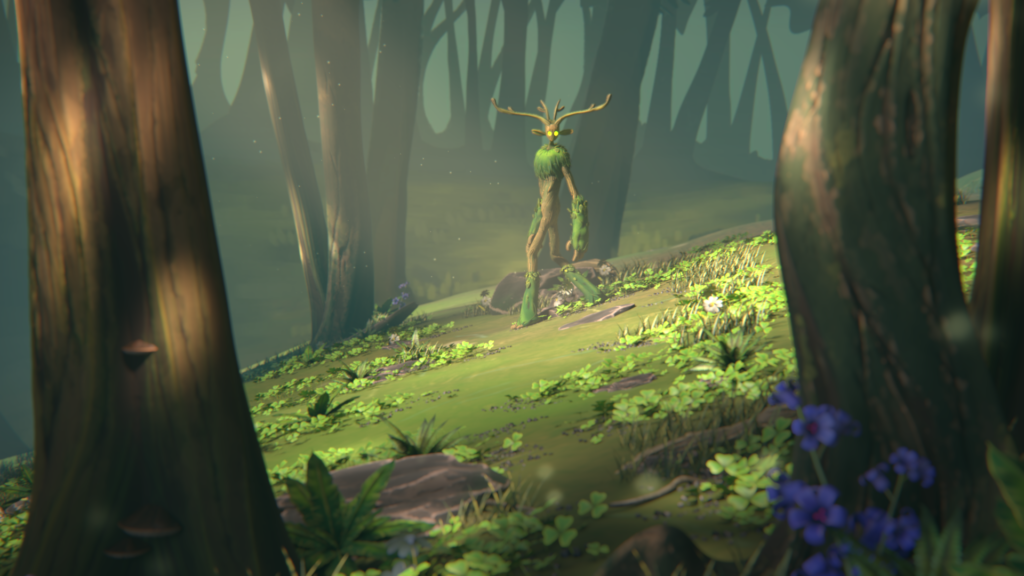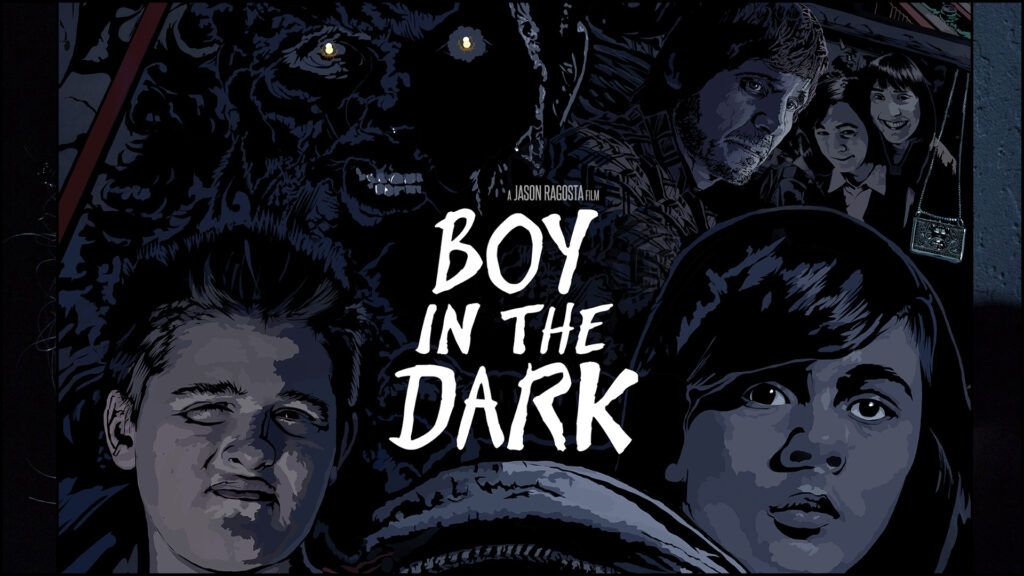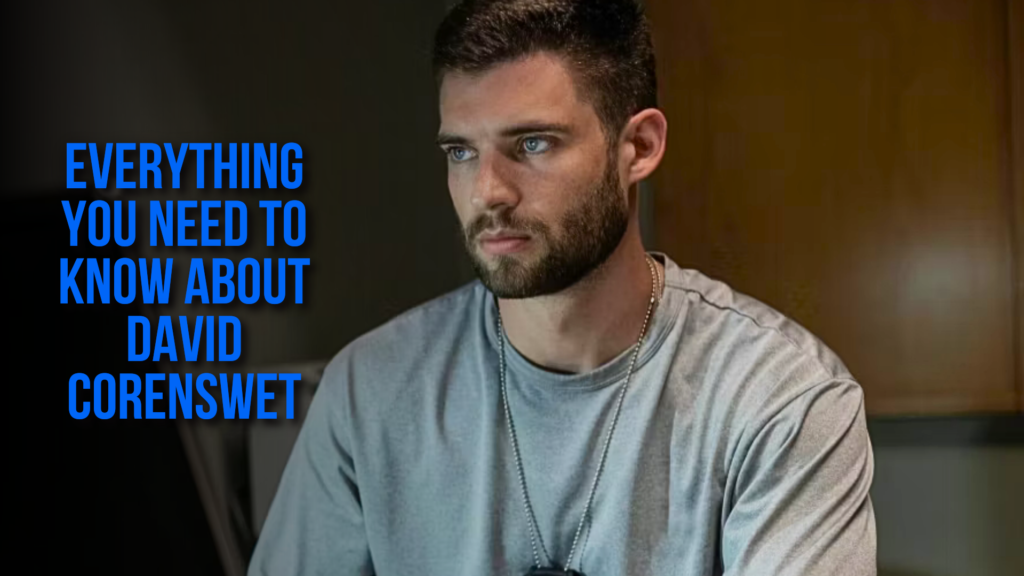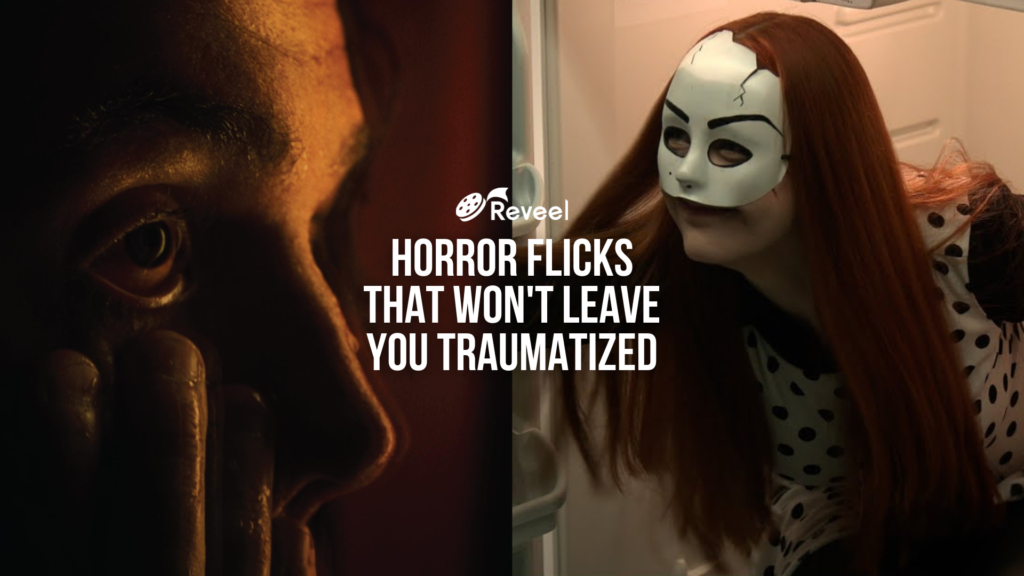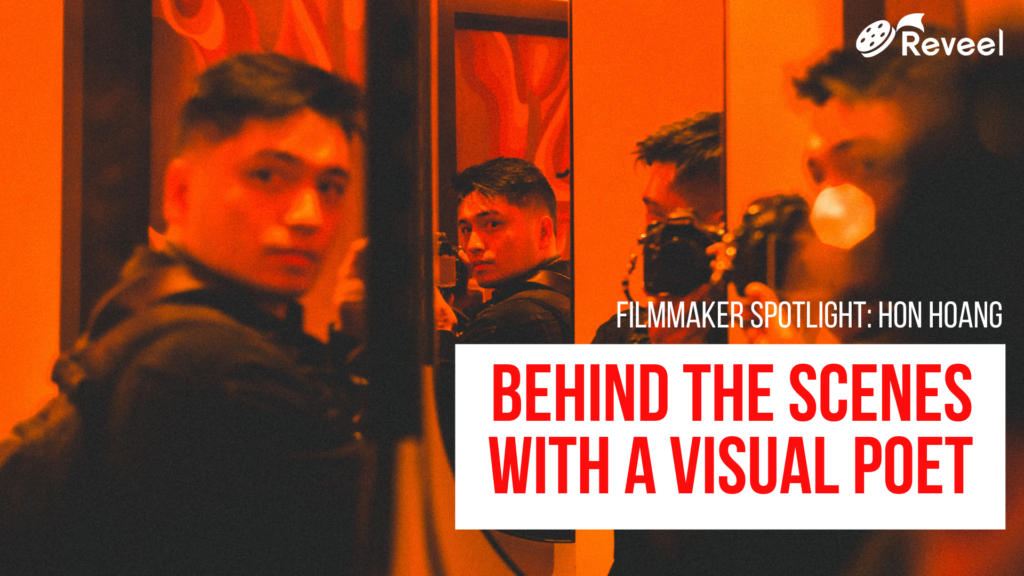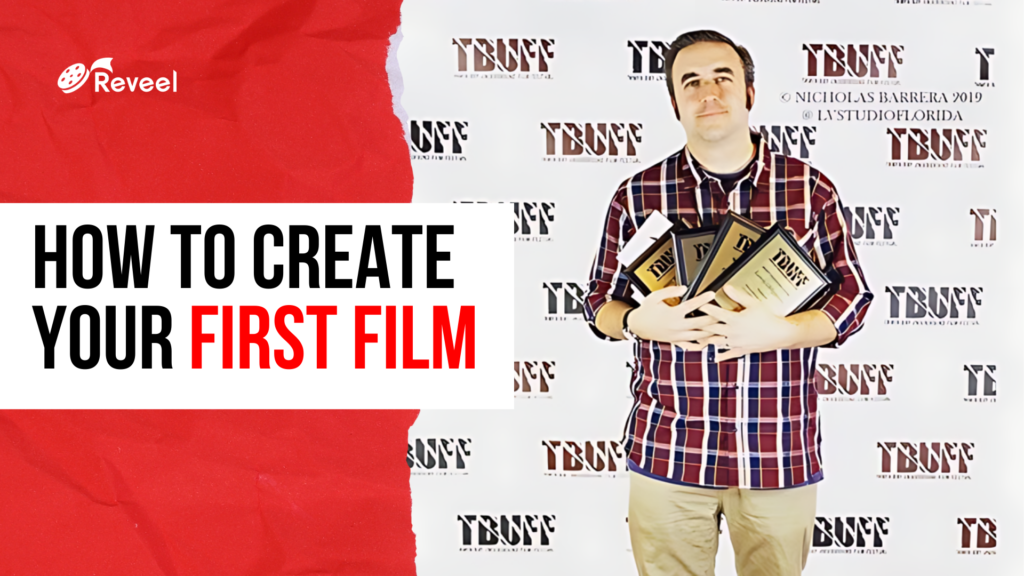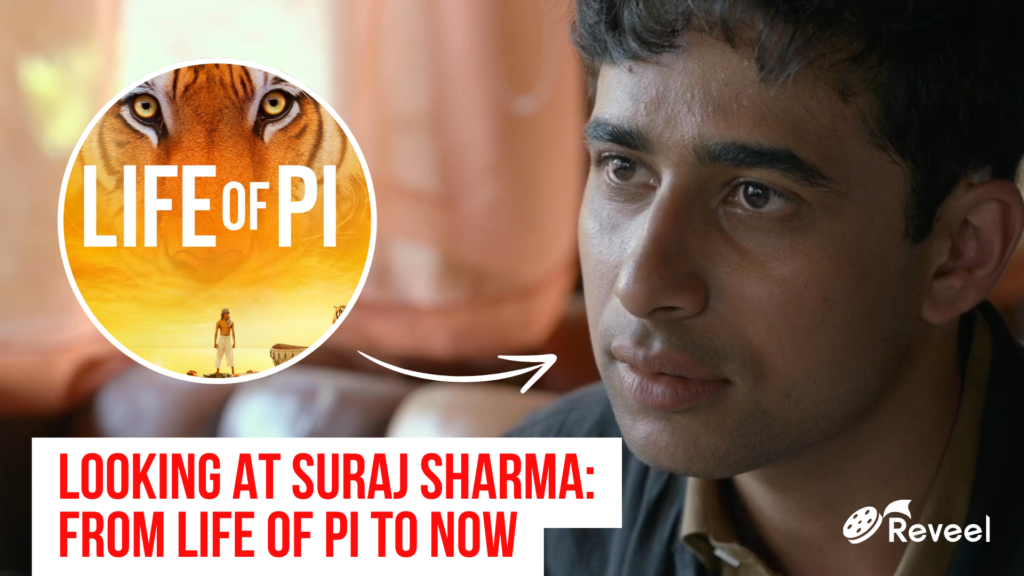From screenwriting to editing, it can take years for studios to produce a full-length film. There is a lot that goes into each stage of the process in order to deliver a satisfactory final product. Well, what if you only had 3 days to create a film? The Worcester Film Wars is a competition that gives filmmakers 72 hours to create a film, meaning you have to write, shoot, and edit a film in only 72 hours. The film entries are then screened in front of an audience where voters choose to award a winner. Director Joshua F. Leonard participated in the 2017 Worcester Film Wars and managed to win with his short film Pistachio.
We have interviewed Joshua F. Leonard to learn more about his experience directing Pistachio in the Worcester Film Wars.
The following interview has been edited for clarity and length.
1. In your own words, can you tell us what Pistachio is about?
Joshua: Pistachio was made in 3 days for a 72-hour film festival. The film is about a woman named Kelly who awakens, chained in a dark basement of horror. What does her masked captor want, and is all what it seems to be?
2. How did you come up with the idea? What was the inspiration behind the film?
Joshua: Pistachio is like a well told joke. It has a great setup and then the tables completely turn on the audience. The film was actually made for a 72-hour film festival in Worcester, Massachusetts known as the Worcester Film Wars. We shot this the weekend before my wedding and it was a whirlwind. The two actors who are in it are from the UK and they were coming to Worcester for our wedding so we just asked them if they wanted to be in our film. The star of the film, Julie Grady Thomas, is a comedian and she actually married my wife and I!
I knew we were gonna have around 300 people watching the film and we wanted to make an impression. The best way to make an impression is to make them laugh but I also love horror movie tropes. I wanted to set up a crazy horror movie environment and then just have it flip on the audience. The best thing was to watch the audience react to that. It was so cool!
3. Is this the first time you participated in a film competition like the 48hr or 72hr Film Festival?
Joshua: We actually did it the year before and won just like we did with Pistachio. I was on the fence about doing it because I hadn’t written and directed anything of my own in a while, but ultimately decided to enter the competition. I wrote it on Friday, shot it on Saturday, and edited it all night to be delivered on Sunday. The film titled The Rift won the audience’s and the judges’ votes and that really gave me a boost in confidence in my filmmaking skills.
So we did it again the next year with Pistachio, but what’s cool about that story is that although we shot the film the weekend before our wedding, the screening for all of the films would be on the same day as our wedding the following week. So on the day of the wedding, I was asking my now wife if we could go to the Film Wars screening to see if we won and she was like we’ll see. We’ll see how the wedding goes.
The wedding did go well and we were wrapping up at 10pm at night when my wife gave the okay to go. The screening was happening at a hipster biker dive bar where they are playing the films on the side of a building, outside in a parking lot. 20 of us from the wedding party all showed up in our tuxedos and dresses. We caught the last few films and then they announced the winner and we won! So I got to go up there with my tux and I was just like I got married today! So it was an epic night all around!
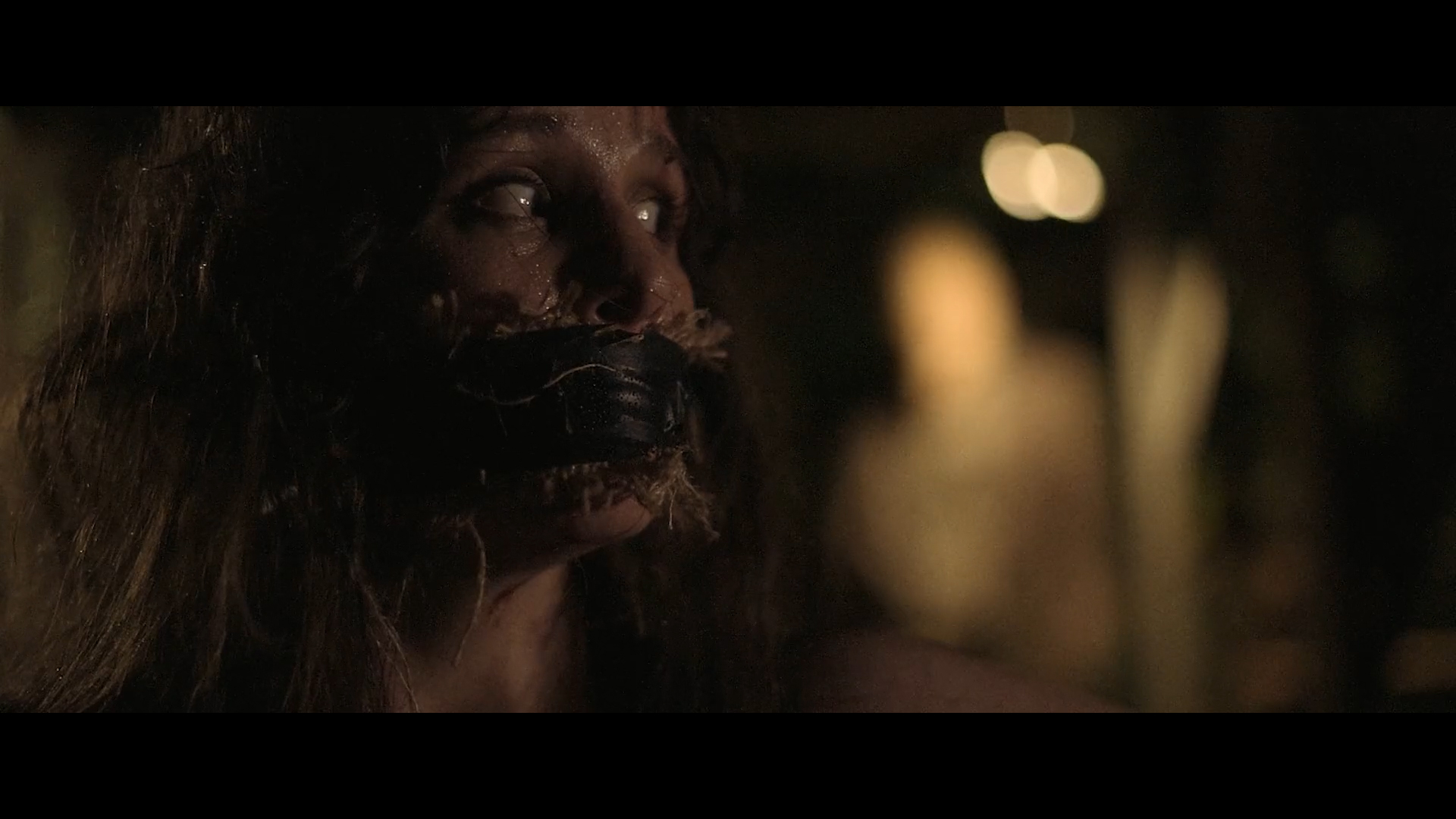
4. What were the biggest challenges that you had to overcome during production?
Joshua: It was fairly smooth sailing actually. We shot it in like 7 or 8 hours on Saturday and I prepped it the day before, setting up the art design in the basement. Once we got done shooting, I was just up editing and figuring out the right sound design and music all night. So I would say the biggest challenge was making sure the film was put together well enough in order to meet the deadline on Sunday.
Another challenge was working a random line into the film provided by the competition. The Film Wars competition has different gimmicks every year and in this particular year, you had to spin a wheel to find out what random element you would have to incorporate into your film. I spun the wheel and it fell on “random line of dialogue”. So the guy in line behind us had to come up with the line that we would have to use. He sits there thinking for a second and then he goes “No one expects a turkey sandwich.” That was a challenge to figure out how to use that line.
5. What drew you to the film industry and to specifically become a director?
Joshua: I have loved movies my whole life and I was obsessed with characters. If I was into Star Wars, I’d make a costume and run around like Luke Skywalker. If I was into Ghostbusters, I would create the jumpsuit with proton packs. I was also an artist so I always thought I would be a comic book artist or some sort of illustrator to that degree. But, I had this epiphany around the age of 12 that I was going to spend my life making movies. I didn’t go to film school but I’ve had all kinds of adventures working with cool people on really cool productions. I’ve mostly been a DIY filmmaker but I’ve also dabbled in special effects makeup, cinematographer, editor, director, etc. I’m drawn to telling stories and drawn to the visual medium. I don’t know what else I would do. It’s just a way of life for me.
For being a director, I’ve always wanted to steer the ship on film productions. Not that I’m always drawn to leadership roles but being a director is always something that I wanted to do. I have a strong vision and telling stories in the certain way that I want to tell them is important to me. My idols are like Robert Rodriguez who would shoot his own movies, direct them, and do everything himself.
6. It looks like you have directed many things. Do you prefer to direct a film you wrote or a film someone else wrote?
Joshua: I definitely prefer to direct a film that I’ve written because I know what my intentions were. I’ve directed a few films that other people have written and I hate to second guess what the writer intended. Any director who takes on a project, adds a piece of themselves to it. When writing a script, I know how I visualized it and I know what I was intending to do with it. I’m not opposed to directing other people’s work and using my own skills to bring the story to life, but I prefer to direct the scripts that I’ve written.
6. Bringing a film to life takes a lot of hard work but also a skill. What vital lessons have you learned that were instrumental in your journey as a director?
Joshua: Trusting my instincts. Trusting my gut. Believing that I can pull it off. Knowing that it’s not easy and if it was, anyone would do it. However, it is incredibly rewarding. I love every part of the creation process and also all the slog that comes with it. Writing is fun until it’s a slog until it’s fun again and it’s the same thing with editing and shooting. The entire process is incredibly challenging but also rewarding. You have to keep pushing through and persevering because you love it so much. I love the idea of giving an audience a ride and allowing them to feel all types of emotions for them to eventually say I want to do that again.
7. Short films have become very popular in recent years. Why do you think short films are important for filmmakers to create and why are they enjoyable for audiences to watch?
Joshua: Well, I think there’s more so than ever a need for content. The cool thing about short films is that it’s not a huge commitment to a story like a series or a feature film. You can get in and out with a great narrative in a short amount of time. I feel like I’ve gotten so much experience now from creating short films. My buddy, Sam Krueger, and I call it hitting the filmmaking gym. All of these short films that we make are like hitting the filmmaking gym for the bigger projects that we are gonna pull off. Today could be leg day or chest day. Short films are yet another way to tell stories and a great place for aspiring filmmakers to cut their teeth.
Pistachio is about a woman named Kelly who awakens, chained in a dark basement of horror. What does her masked captor want, and is all what it seems to be? Watch Pistachio for free on Reveel.


